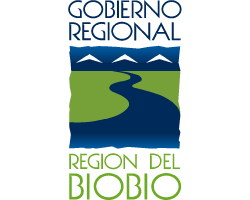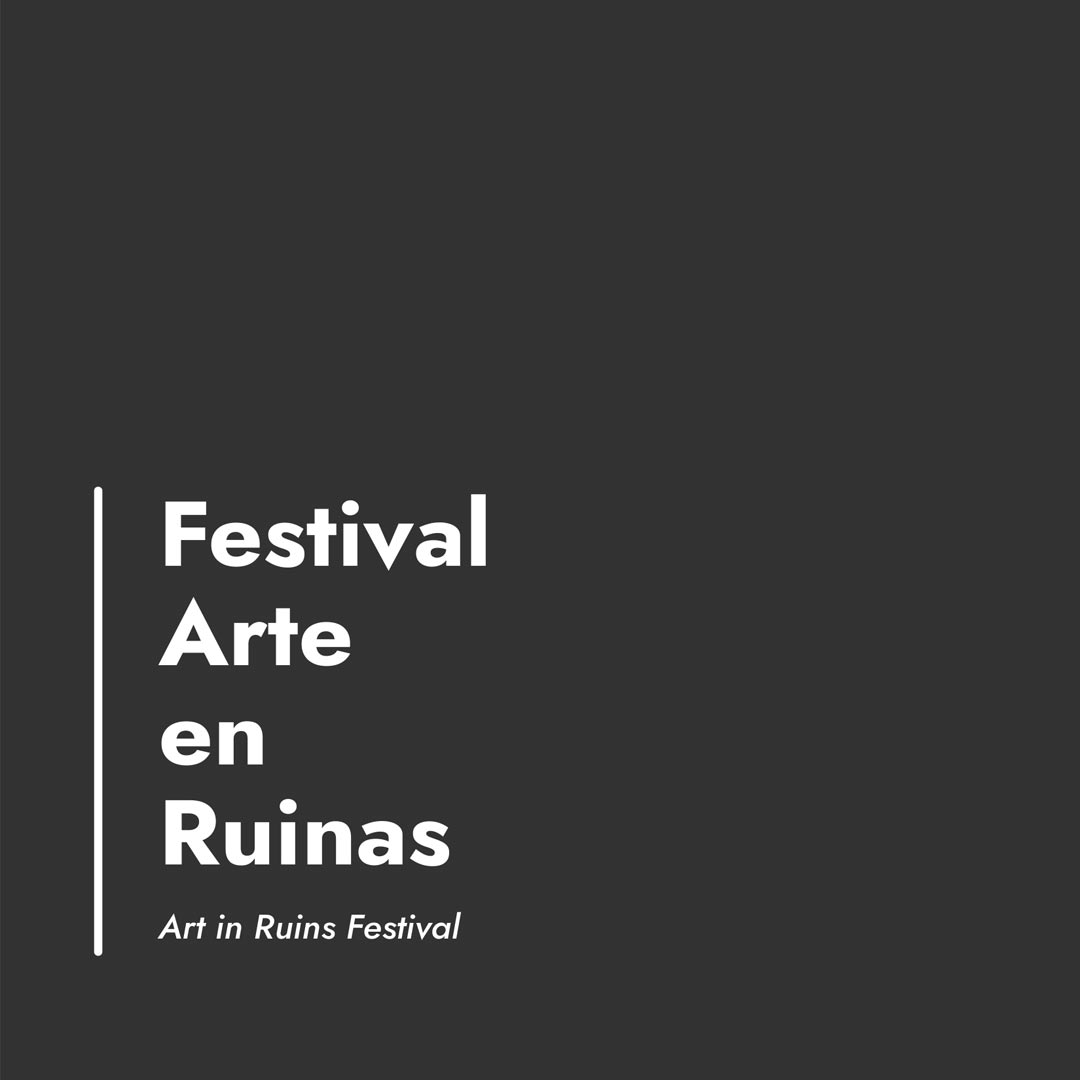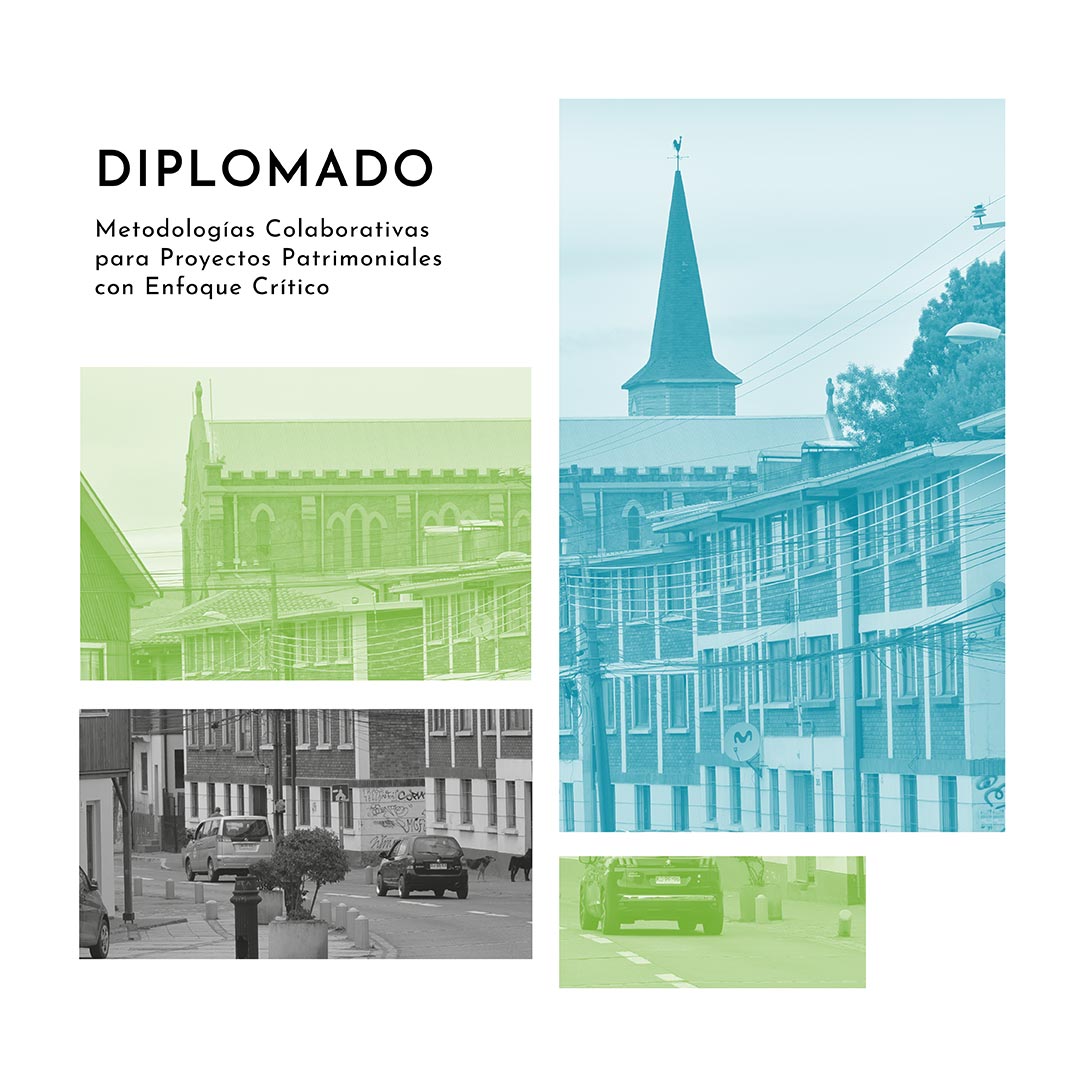

Strategies for the Transformation of Industrial Heritage into Regional Assets
The program submitted by CREASUR, seeks to position the cultural and industrial heritage of the Biobío region as a transformative engine towards regional and identity development. Linking with the academia, national and international organizations, public service and communities.
This initiative, framed within the programme: “International Strategies for the Transformation of Industrial Heritage into Regional Assets”, allocated through the Regional Development Fund from the Regional Government of Biobío, is organised in three different stages.
Firstly, the elaboration of a governance network through meetings with actors who develop and/or work on heritage issues in the 33 communes of the Biobío Region. Similarly, the holding of the 4th International and Interdisciplinary Cultural Heritage Congress: Industrial Heritage, Social Issues and Challenges for the New Governancewhich during next October, bring together academics and heritage experts to present topics that help build public policies and create a regional image in heritage, cultural and territory issues. Also, this governance network will offer scholarships for the application to the Collaborative Methodologies Degree for Heritage Projects with a Critical Approach, certified by the OTEC Culture and Territory and sponsored by the Master in Architectural Heritage Intervention of the University of Chile.
Program Objectives
- Improve the competitiveness of heritage and industrial development and management in the Biobío Region.
- Promote the formation and attraction of advanced human capital and management of regional and international collaborative projects. To position the region globally through technical visits, networking, press management, training with experts and conferences from abroad.
- Work on the development of the image of the regional industrial heritage, managing to position it internationally.
- Create regional, national and international collaborative networks to attract resources to creative industries and heritage initiatives. This will promote the inclusive and pluralistic participation of various groups in society.
Execution
Through the work with methodologies of social participation and creative registers, it will be possible to make imaginaries and cultural heritage visible. The impact on public policies and territorial development initiatives in a direct way is fundamental for the elaboration of our national and international governance network.

Throughout its history, the Congress of International and Interdisciplinary Cultural Heritage has promoted reflection and criticism of cultural heritage from various approaches that promote understanding of the past from the present, in order to look forward to a reflective future and recognizing human cultural diversity.
For its fourth version, the topic will be “Industrial heritage, social question and challenges for new governance” and will seek to reflect on the industrial heritage understood in the global context, stressing perspectives from the spheres of power and community. During the conference knowledge and experiences will be shared through keynote speeches, thematic tables and presentations of scientific works. Additionally, training sessions and technical visits to relevant heritage sites in the region will be conducted to enrich the debate and strengthen collaboration among participants.

The Art in Ruins Festival is an encounter that seeks to rescue, value and honor memory through situated artistic interpretation. The Art in Ruins Festival is an encounter that seeks to rescue, value and honor memory through situated artistic interpretation. Inspired by the industrial ruins of the Biobío region, this first version fuses diverse artistic disciplines, including theater, dance, burlaps, performance, music and crafts, while also exhibiting national and international industrial heritage experiences and projects.

The degree “Collaborative Methodologies for Heritage Projects with a Critical Approach”, sponsored by the Master in Architectural Heritage Intervention of the University of Chile, is a training program that aims to provide theoretical and practical tools to address the management and development of heritage projects from a decolonial and critical perspective.

The coordinated work with the different forms of government of the region allows us to build a network that encompasses the 33 communes of the Biobío with the intention of aligning the axes of research and work, and thus continue to advance in terms of culture, academia and heritage.
